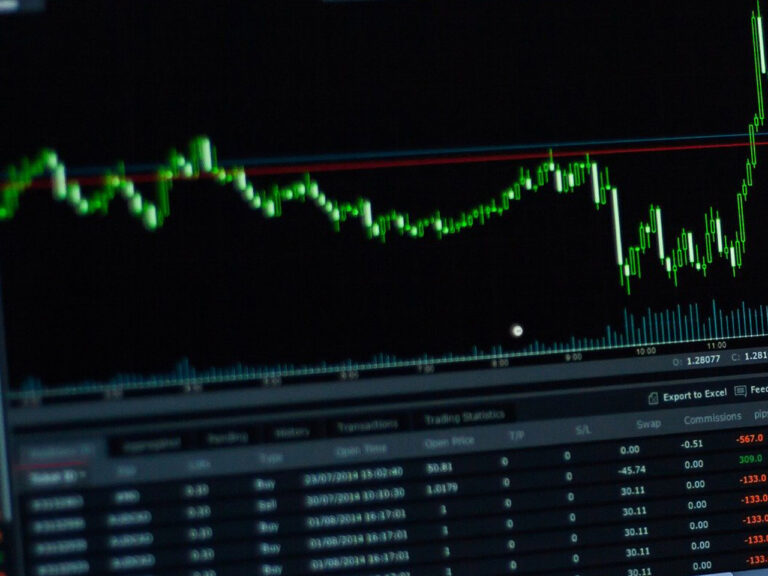Ginkgo Bioworks Holdings, Inc. (NYSE: DNA), a prominent player in the biotechnology sector, is navigating a complex financial landscape with a market capitalization of $618.05 million. Headquartered in Boston, Massachusetts, and founded in 2008, the company is known for its innovative platform that enables cell programming and biosecurity solutions. Despite the promising technology and diverse applications spanning industries such as pharmaceuticals, agriculture, and bioinformatics, Ginkgo faces several financial hurdles that investors must carefully consider.
Currently priced at $10.44, Ginkgo’s stock has experienced a modest increase of 0.15, or 0.01%, within a 52-week range of $5.57 to $16.36. This indicates a volatile trading pattern, reflective of broader market conditions and sector-specific challenges. Despite this volatility, the stock’s average target price of $11.33 suggests a potential upside of 8.56%, offering a glimmer of hope for optimistic investors.
Ginkgo’s valuation metrics are notably absent, with no available P/E ratio, PEG ratio, or price-to-book value, underscoring the company’s current focus on growth and development over profitability. The absence of these traditional valuation metrics is typical in the biotechnology sector, where companies often operate at a loss while investing heavily in research and development. However, this also presents a challenge for investors who rely on these metrics for assessing potential investments.
The company’s financial performance highlights some critical areas of concern. Ginkgo reported a revenue growth decline of 11.70% and an EPS of -5.76, indicative of the hurdles it faces in achieving profitability. The return on equity is a concerning -43.60%, and the free cash flow stands at a deficit of $142,494,256. These figures suggest that Ginkgo is in a phase of significant cash burn, raising questions about its long-term financial sustainability without a clear path to profitability.
Analyst ratings reflect a cautious stance, with only one buy rating against three sell ratings. This distribution signifies skepticism about the company’s short-term prospects. However, the target price range of $9.00 to $16.00 indicates room for potential growth, particularly if Ginkgo successfully leverages its technological capabilities to capture new market opportunities.
From a technical perspective, Ginkgo’s 50-day moving average of $12.06 is above its current price, suggesting a downward trend. However, the 200-day moving average of $9.80 indicates a longer-term upward trajectory, providing a mixed technical outlook. The relative strength index (RSI) of 66.29 suggests that the stock is nearing overbought territory, which could lead to a price correction if buying momentum wanes.
Ginkgo’s innovative platform, which includes cell engineering research tools and biosecurity services, positions it uniquely within the biotechnology space. The company’s partnerships across diverse industries, from pharmaceuticals to agriculture, highlight its broad application potential. Yet, the financial metrics underscore the need for cautious optimism among investors.
For those considering Ginkgo Bioworks as a potential investment, weighing the company’s innovative capabilities against its financial challenges is crucial. The potential upside of 8.56% offers some incentive, but the path forward is fraught with uncertainty. Investors will need to monitor the company’s strategic initiatives and market developments closely, as these will play a pivotal role in determining Ginkgo’s future trajectory in the competitive biotech landscape.






































